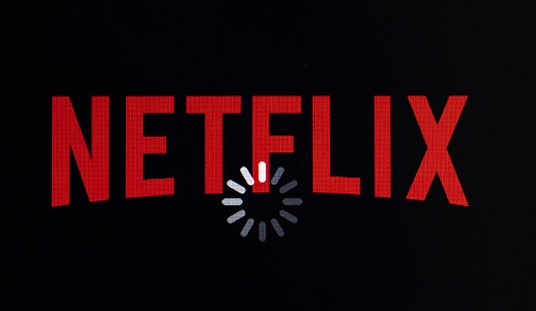All the hubbub about anti-conservative bias in social media and search engine results is starting to remind me of those days when the left was complaining about conservatives dominating talk radio. That was before social media was even a thing, or at least before it was being used by anyone with a job.
The answer to the perceived unfairness we gave then is the same one we should give now: Let the market work.
The old Fairness Doctrine was abolished by the Federal Communications Commission in 1987. In short, that old rule required that broadcast media always provide equal time to both sides of an issue. That issues only have two sides or that the government can define and enforce what is a fair distribution of opinions are just a couple of the many fallacies upon which the rule was built.
The talk radio fairness kerfuffle in the mid 1990s spawned some really inane arguments. I remember listening to a debate between liberal pundit Bill Press and Laura Ingraham about reinstating the old FCC rule. Press’ argument boiled down to—and I am not oversimplifying this—that pitching left wing radio shows to networks and finding sponsors to finance them was difficult.
Of course it’s difficult. That’s why it has a value. That’s why people who can’t do it pay other people to do it for them. If you can’t compete in a certain business arena, you have three options 1) purchase the services of someone who can, 2) improve your skills so that you can, or 3) give up and choose another line of business.
The options are obvious but deciding which one to pursue and actually pursuing it are difficult and involve risk. Petitioning the government to make you competitive by decree is much easier than building a widget that is competitive on its own merits. That’s the swamp in which “crony capitalism” slithers. (That term is the widely accepted nomenclature but I think simply “cronyism” is a more accurate name, because if you’re trying to succeed by replacing risk-taking with government favors, there’s nothing capitalist about you.) For a conservative, asking the federal government to step in and hamstring the competition shouldn’t ever be an option.
I have seen a lot of news about social media moguls getting dragged before Congress and grilled about the fairness of their algorithms, or about this or that commentator being kicked off this or that social media platform. Instead of looking at the big picture and what the appropriate, limited-government oriented response should be, we get bogged down in minutia about whether it’s fair for Facebook to determine what content they allow or whether Alex Jones deserves to be heard.
We seem to be possibly marching in the direction of a new online “fairness doctrine.”
Conservative consumers have come to rely on Facebook and Google. Using an alternative or simply not using that type of online service is a difficult option for some, so despite nominally believing in limited government many of them can be swayed to support the intrusion of government into those companies, because it makes their lives easier. Conservatives with the financial means to create competitive products are also easily swayed because competing with Facebook or Twitter is a daunting task with a high probability of failure. The road to success is sure to be paved with a few Air America analogs.
But success doesn’t mean eliminating Facebook or Twitter or Google. Being good enough to siphon off some users would force positive change. If it didn’t then you get better and siphon off more customers until it does. That is the way problems like this are supposed to be addressed in America. If it’s what you told the radio fairness advocates in the 90s it’s what you should be telling those complaining about social media being unfair today.
Is anyone on the right intrepid enough to at least try a free market approach to addressing what is really just another cultural problem?
It is very similar to the struggle to make popular entertainment at least tolerant of the conservative point of view. Complaining about the unfairness is easy. It’s even useful for demagogue politicians and lucrative for many media figures. The difficult (and correct) alternative is to compete in the marketplace. I think if wealthy conservative activists really wanted to move the needle, they’d invest in producing entertainment that influenced the culture. That entails risk though, certainly a lot more risk than throwing money at candidates and super PACs. Small risks seldom produce big rewards though.
There are probably a lot of reasons why there isn’t much talk about how what was good for the liberal goose in the 1990s is good for the conservative gander in the 2010s. It may be because when the talk radio unfairness controversy was in full swing, many pundits and thought leaders on the right were probably more focused on trying to master using a toilet or tying their shoes to have retained any memory of it. However, even some who were around back then now seem to accept social media as a fixed part of the landscape and in need of federal oversight in order to balance the playing field. Conservatives always argue that the economy isn’t a zero sum game, but in some respects they often still act as if it were.
It is probably just part of human nature to tend toward the path of least resistance regardless of one’s philosophical worldview. It’s easier to blame the ref than to put in more effort at practice. I’ll cop to choosing that road more often than I’d like to admit.
Living according to our capitalist principles isn’t always easy.
We need to do it anyway.













Join the conversation as a VIP Member